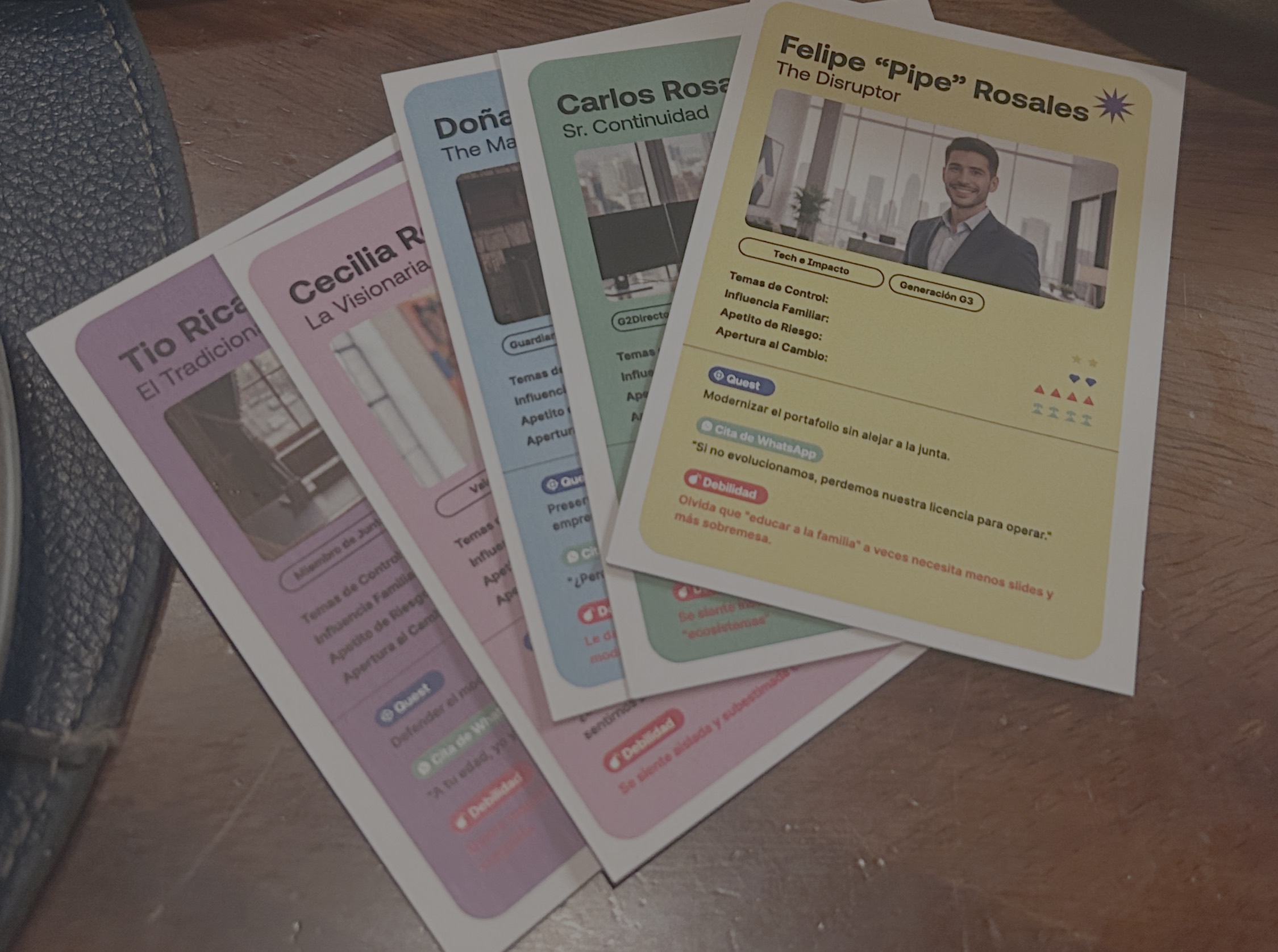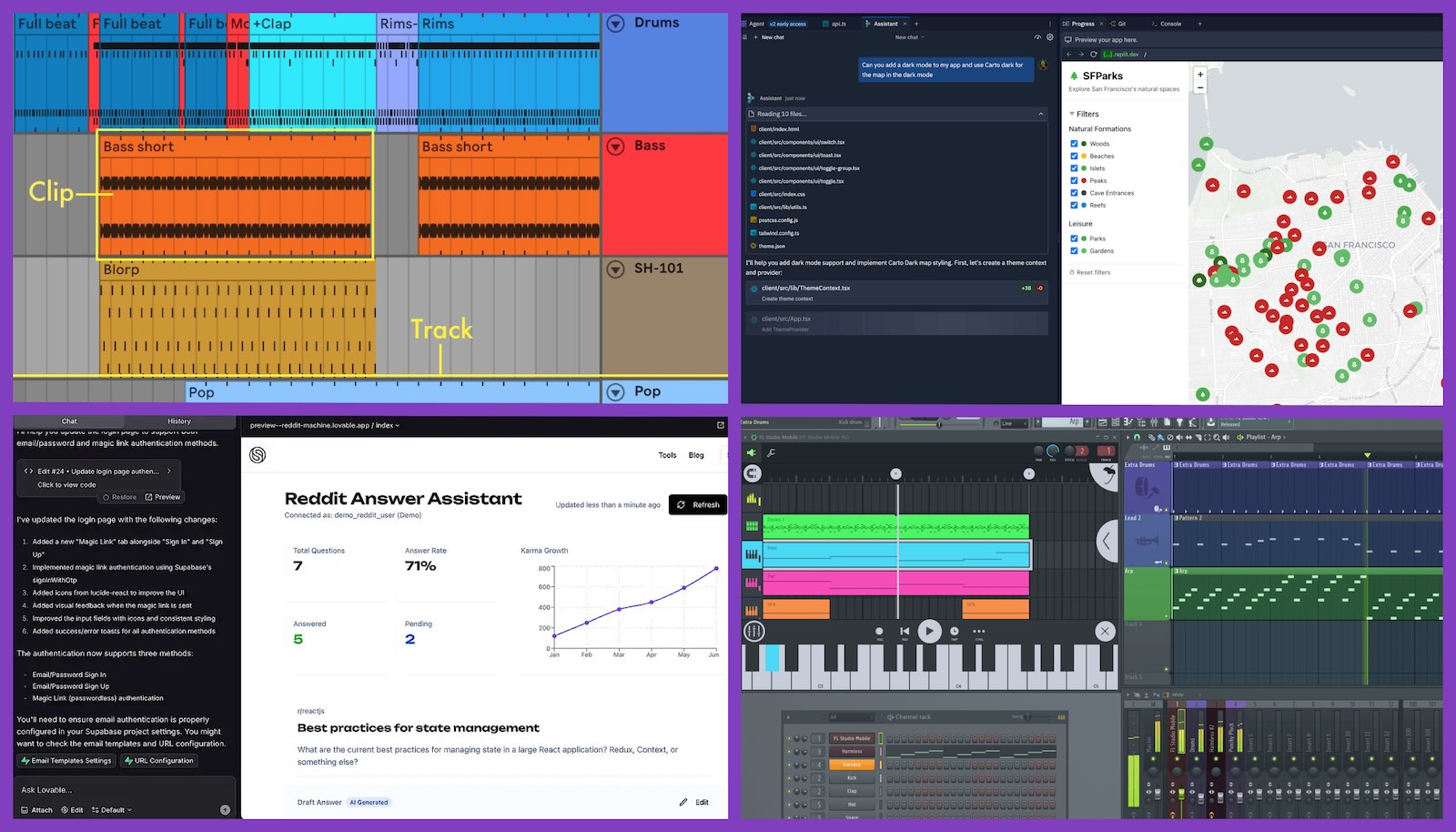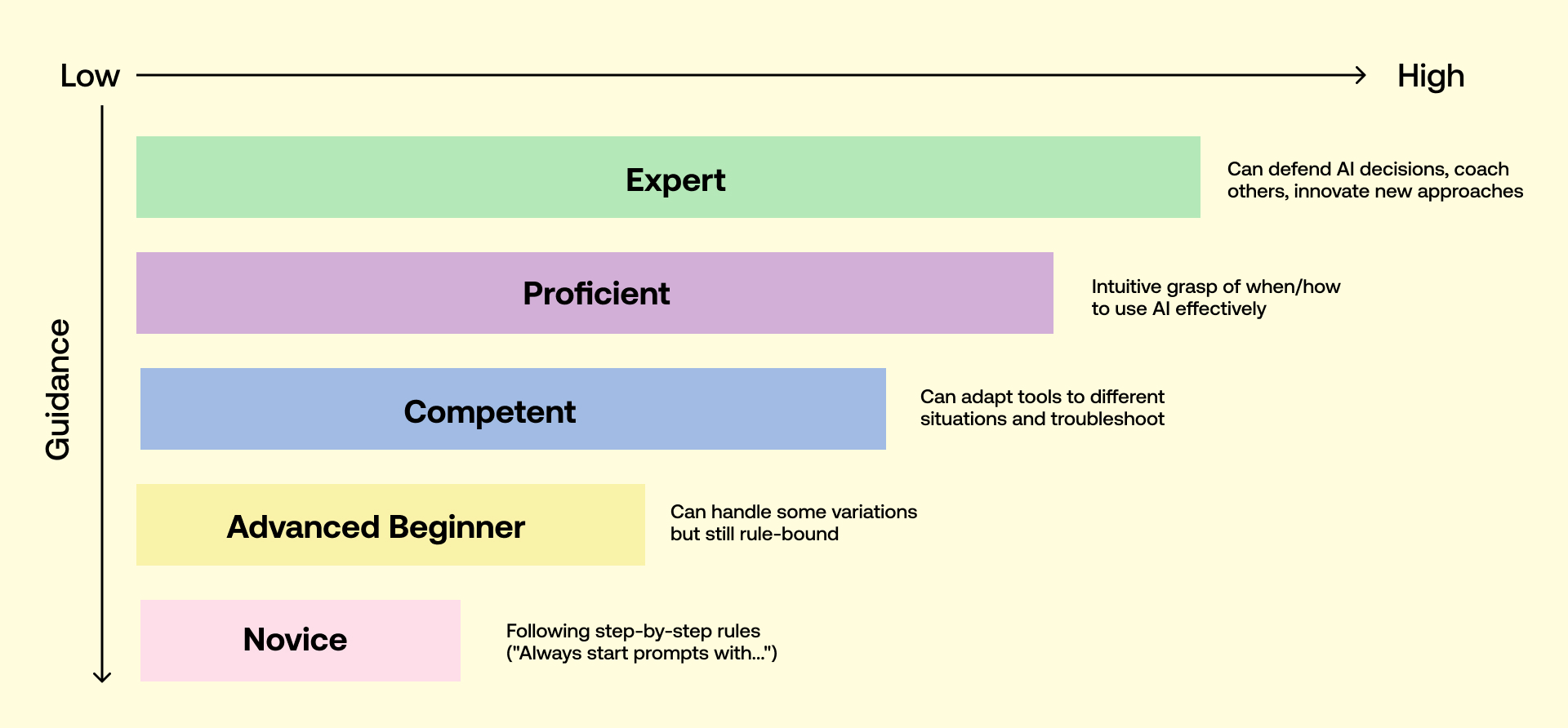A couple of weeks ago I attended a session on app-du-jour Clubhouse. It was entitled “How and Why to start a Cohort Based Course in 2021”, and featured a few of the more popular figures in this emerging space [1].
The next day I scribbled out a few thoughts on Twitter, which are slightly expanded here.
1. The live experience matters
Self-paced, passive options are becoming commoditized and have horrible dropout rates. They’re also poor at accommodating mixed learning styles. Making the live component feel magic is key. However, this doesn’t always come easy (esp. online).
2. Rules of thirds
The group seemed to agree on creators being 50% Instructor 50% Entertainer. I prefer the rule of thirds: 33% Instructor/Teacher 33% Entertainer 33% Facilitator (+ 1% of whatever else you fancy) The facilitation element is HUGE imo.
3. Facilitator skills matter
I’ve facilitated 200+ live workshops in the last 5 years, and the coach and facilitator skillsets are so valuable – both online and IRL. If you can’t read the room, troubleshoot smoothly, or invite exploration and peer connection you may as well just pre-record a lecture.
4. Danger of dogma
David Perell mentioned he’s been studying high-energy pastors for tips on speaking. It’s a great example of getting inspiration from different universes However, dogma is something I feel the future of learning needs to be really careful with, and religion is… well, kinda dogmatic.
5. What’s in a name?
Cohort Based Course (CBC) is a smart term that’s been coined to easily brand and own this ostensibly new category (I’ve always called them ‘workshops’, but whatever) [1]. This fresh space is exciting, but also intimidating if you’re new to this stuff. Some good news though…
6. It’s more possible than you think
The core principles are very similar to running any flavor of workshop that features humans (more good news: you are a human). If you’re able to run a solid short-form workshop (and trust me, with a little support, you can), you’re already in good shape for CBC creation
7. Facilitators are underrated
This gets back to the facilitator skillset and how important it is. I don’t feel facilitators are being recognized much in this space right now. Bonus: if you’re running a CBC and don’t want to apply my rules of thirds, you can hire a great facilitator to partner with.
8. Workshop reps
I’d recommend any CBC creator to try and get a few reps doing in-person workshops (when it’s safe to do so of course). You’ll learn a ton, and vice versa your online skills will make any in-person stuff you do better too. (ooh, flywheel…)
9. Learning is like Fitness
Self-Paced courses are notoriously easy to flake, whereas CBCs provide a valuable forcing function. However, a CBC can force a little too much. Like exercise, learning should feel hard, but you don’t want to injure or exclude people. Awareness of learner needs helps here
10. Allow space for play
I agree a big component of CBCs is the sense of accomplishment, but focusing too much here can mean losing sight of providing exploration and play. Encouraging this is key to creating a safe and positive learning environment. Different people thrive in different spaces.
11. Lectures aren’t all bad
The word ‘lecture’ used to strike fear into my heart. I agree that lectures matter, but not only for the reason suggested. They can be really effective at transferring and even transforming knowledge. Just gotta keep shifting modes to keep it vibing.
12. Word salad
Terminology is a challenge. The group used some terms that are very traditional, while simultaneously talking about disruption and new models. This is something I definitely wrangle with also. I do feel we need to get away from the word ‘instructor’ though.
13. Mentor vs Coach
Will Mannion talked about the value of coaches and alumni mentors. I def. agree and excited to learn more about best ways to bring in alumni. However, I sensed some conflation of ‘mentor’ and ‘coach’. Some v. important differences between them. Defining these roles matters a lot.
14. Self-care matters
I agree with Tiago Forte this is vastly underestimated, especially as many CBC owners are solo/small teams. I did loads of in-person workshops in 2019 and exhaustion was real. Same goes online. Lots of ways to manage this. A good start is to just be aware of it.
15. Space
For the first ‘proper’ live session in our last cohort, my partner Josh suggested we scrap all my content and just focus on connection. I was aghast – all my lovely content in the trash! He was right. Devoting a session to lightly facilitated group conversation can be huge
16. Pause
Our 3rd session was two days after George Floyd’s murder. There was tension in the room. We decided to pause the scheduled stuff and open up space for anyone to take a time out, or step away if they felt the need to. Several did. Don’t be afraid to pause.
17. Curating groups is key
I’m curious to learn more about how the hosts of that session do it, as this isn’t easy. As suggested, introvert/extrovert is a good start, but you can also dig into status, confidence level, experience, etc. Pay more attention to this than you think you need to
18. Avoid the middle tier
David talked about colleges pivoting, but they’ve got a big turning circle to deal with. Interesting angle around one college (didn’t catch the name) now offering just sports and student life, and not really any educational material. Mid-tier is going to get squeeeeeezed.
19. So, what does the future look like?
A few of my hunches:
- More coaches
- Facilitation skills more valuable
- Better platforms
- Hypermedia content
- Branded badges
- More value on magic…
If you have ideas on how this is going to shape up, I’d love to hear them.
[1] ‘Cohort-based course’ is an interesting term – it’s been coined by a couple of founders who are building a startup to serve online course creators, but for me, many online courses are already cohort-based by their nature. As others have pointed out, there’s not much difference between a class or workshop and a cohort-based course – it’s just a handy marketing term. I have mixed feelings on this: much of it feels like Silicon Valley types wanting to again find new ways to brand something as broken and in need of a (sic) completely new approach.




.svg)


